Portfolio
Millennium Smart food-tech investments

SavorEat has developed unique technology to create alternatives to meat and later also fish and other products. The technology includes the use of plant-based ingredients in an innovative formula, together with a robot which integrates 3D printing and revolutionary cooking methods. SavorEat has a distinctive ability to generate and cook products that imitate the unique taste and texture of meat (including fat, muscle and tissues), with a prospect of production of other foods in the future. The unique patent-protected raw materials come from a vegetative source and do not require refrigeration, which enables streamlining of the supply chain. Each dish is prepared in a “chef robot” which combines automatic and autonomous production methods with a unique 3D printing and heating method, allowing for the dishes to be to fully-cooked. The robot enables hands-free dish-personalization in various aspects.
On its path to creating quality meat alternatives, the food-tech industry is dealing with a number of main challenges, including: creating meat-like textures for a true meat consumer experience, extending the products’ shelf-life without the of addition of synthetic ingredients and preservatives, and without allergens such as gluten, and more. SavorEat’s new technology successfully tackles the challenges of the food industry and specifically the meat industry. The company’s innovations will enable the creation of a range of textures that accurately mimic the distinctive textures of meat or fish, make it possible to tailor the composition of the dish to the customer’s personal preferences, have a longer shelf-life, and generate products that do not include gluten, GMO, or preservatives.

Phytolon develops innovative technology to produce natural, high-quality, inexpensive food coloring based on yeast fermentation processes. The food coloring market is divided into two: synthetic colorings (refined oil products) and natural colorings. The natural colorings constitute 70% of the market, which is a growing trend due to consumers’ demands for food without harmful artificial additives, and also due to the mounting regulatory pressure against the use of synthetic ingredients in food.
Currently, there is no natural coloring which meets both the market’s and consumer’s demands, which include: competitive pricing, a formula which is tailored to the type of food, access to a full rainbow of colors, a long shelf-life, and high-standard production. Phytolon meets this need: the company has developed technology to produce a wide spectrum of natural food colorings (shades of yellow, orange, red, pink and purple) which are based on a yeast fermentation process, and also natural betalain-type molecules which are pigments originally created by plants, which also have advantages in terms of health, cost, matching shades to specific products, and shelf-life. The food coloring market is worth $2.85 billion annually, with natural food coloring accounting for 69% of the market.
Revolutionizing the Food Coloring Industry | Calev Myers interviews Phytolon
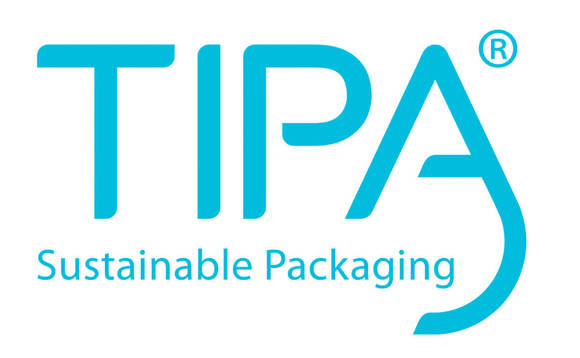
TIPA® was founded in 2010 by Daphna Nissenbaum and Tal Neuman to address the challenge that flexible plastic packaging poses to the world. TIPA, thinks that packaging should be inspired by nature’s packaging: a protective layer that decomposes back into the soil with no toxic residue, microplastics, or other pollutants. TIPA®’s vision for flexible packaging is to have the same end-of-life as organic matter while maintaining the qualities of conventional plastics that consumers and brands have come to rely on, like durability, transparency, barrier, sealability, printability, and shelf-life. TIPA®’s packaging solutions seamlessly fit with industrial machinery and manufacturing practices. TIPA believes that with the right technology, compostable packaging can meet the same performance standards as conventional plastic.
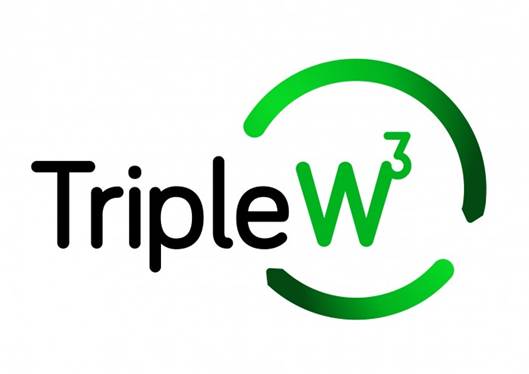
TripleW has developed an industrial process for the production of lactic acid from food waste. Lactic acid is an organic compound of vast importance in industry, and one of its main products is the bioplastic PLA (renewable plastic), which is produced by connecting long chains of lactic acid. The other markets in which the company operates which require lactic acid include domestic and industrial detergents, food and beverage preservatives, and cosmetics. The PLA market is not new, but is constantly growing in view of the expanding trend of use of renewable plastic instead of non-biodegradable plastic made from oil and natural gas (fossil fuels). In addition, all PLA currently produced is made from food, such as sugar cane and corn seeds, and not from food waste.
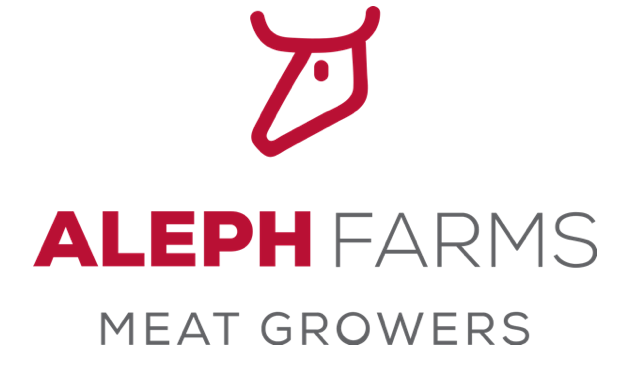
Aleph Farms cultivates steaks directly from the cells of a living animal. With a proven and scalable platform for cultivation of quality whole beef steaks, the company is work hand-in-hand with the existing meat ecosystem to make sure they can address the nutritional demands of a growing world population, while protecting our most precious natural resources.
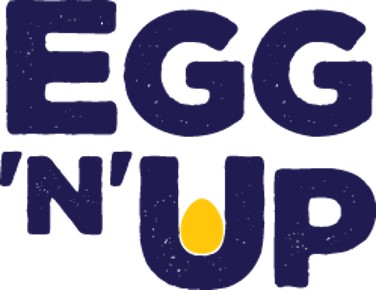
Egg’n’up is a sustainable plant-based egg alternative maintaining egg’s taste, texture, appearance, functionality properties and high nutritional values.
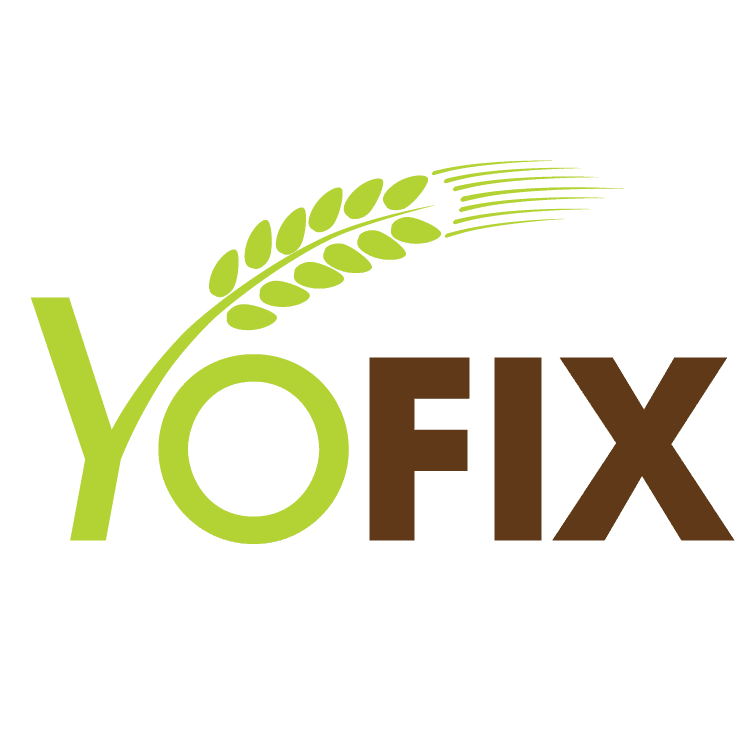
YOFIX produces an IP protected, delicious and Better-4-You, CLEAN LABEL, plant based dairy products.

Skeep (Formerly Nokku) has developed The only first-party data platform designed for CPG and beauty brands, that enables D2C brands to collect, own, and leverage first-party data to increase revenues, gain market insights, and boost shopper experience
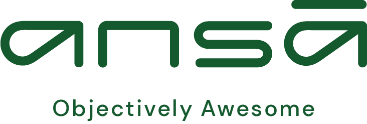
ansā developed a sustainable and disruptive roasting technology that for the first time allows the consumption of an on-demand fresh coffee from green coffee beans
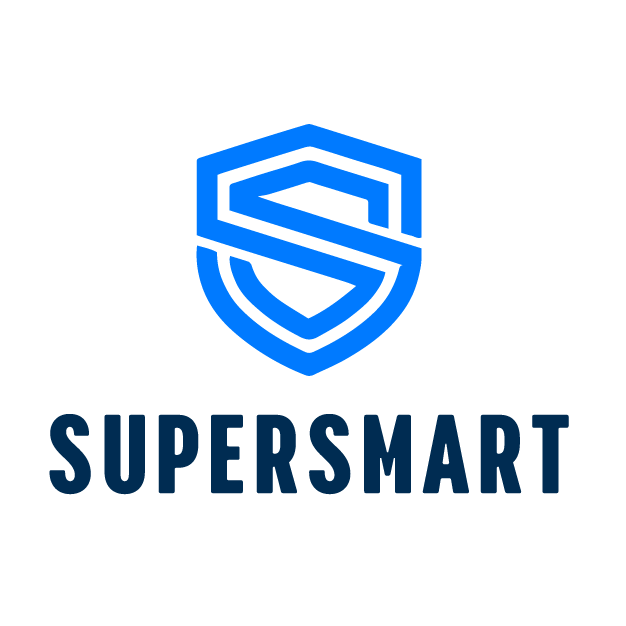
Supersmart provides the first “Scan & Go” solution in the world with advanced capabilities for fast self-scanning along with validation & loss prevention engine. The company provides a cloud-based software solution using AI and Machine Learning that allows retailers a simple and fast implementation, and for the customers, an independent and convenient item scanning solution that enables them to check-out in seconds using a physical and automatic device. The core of the product includes advanced software algorithms that lead to a fast and convenient shopping process along with an exceptional customer experience.

